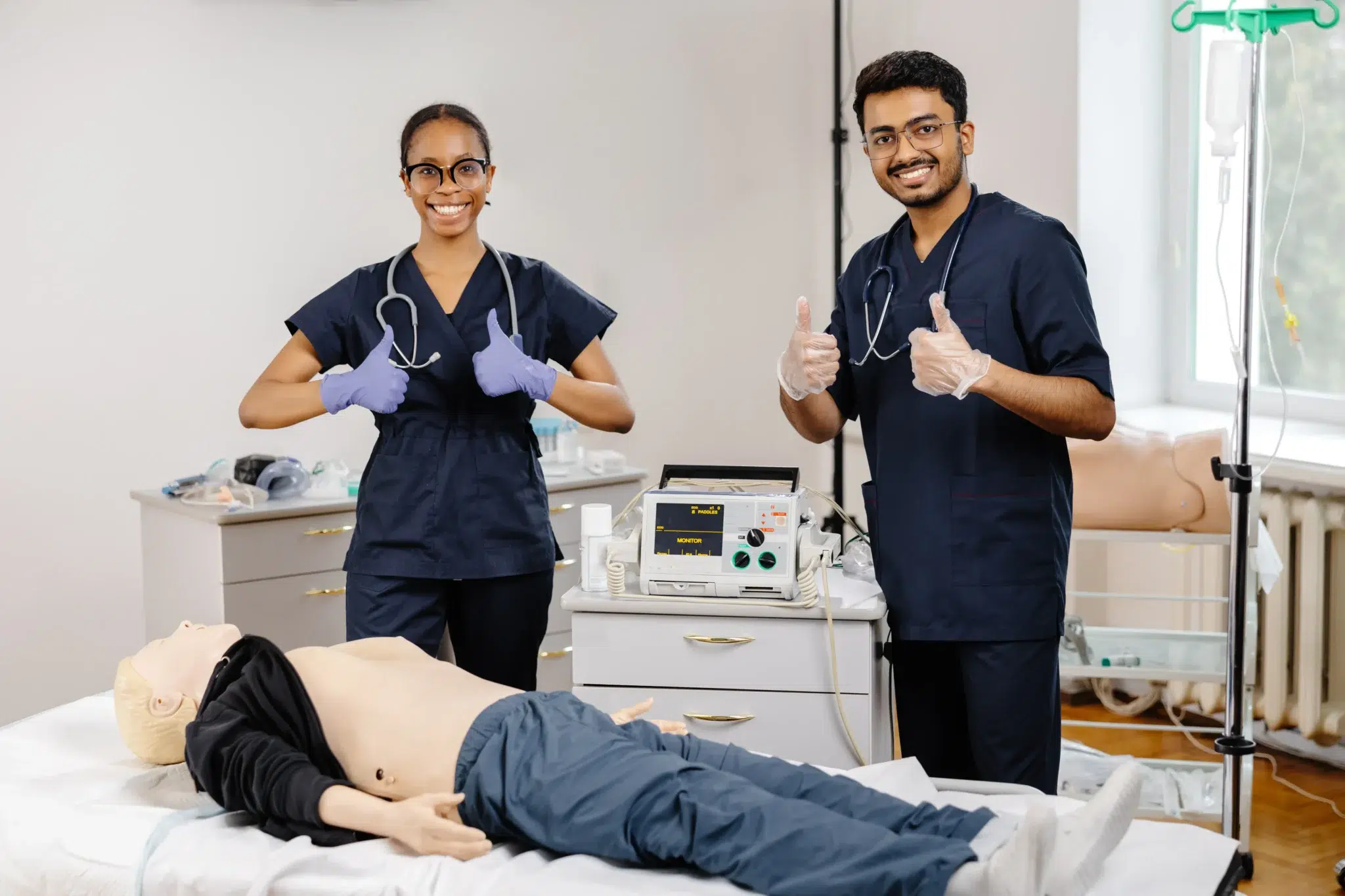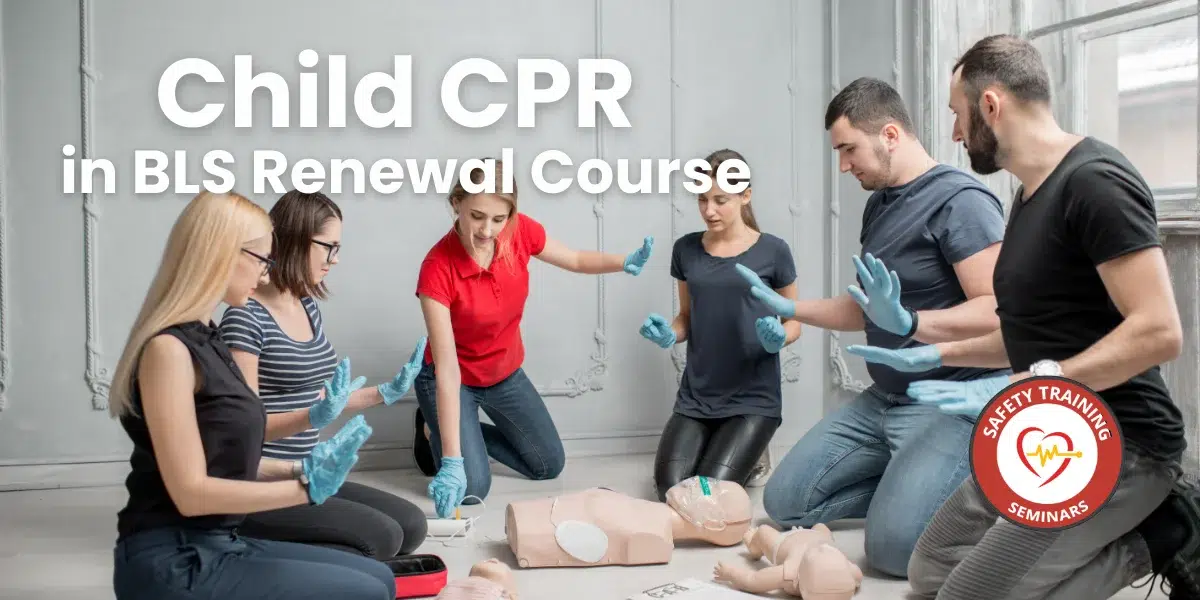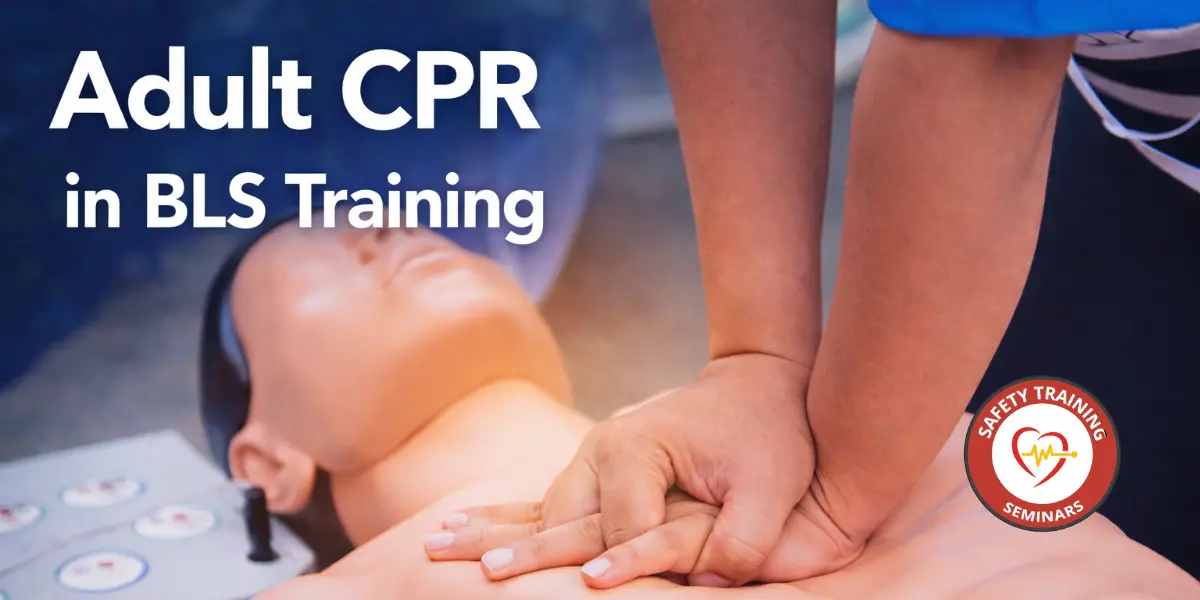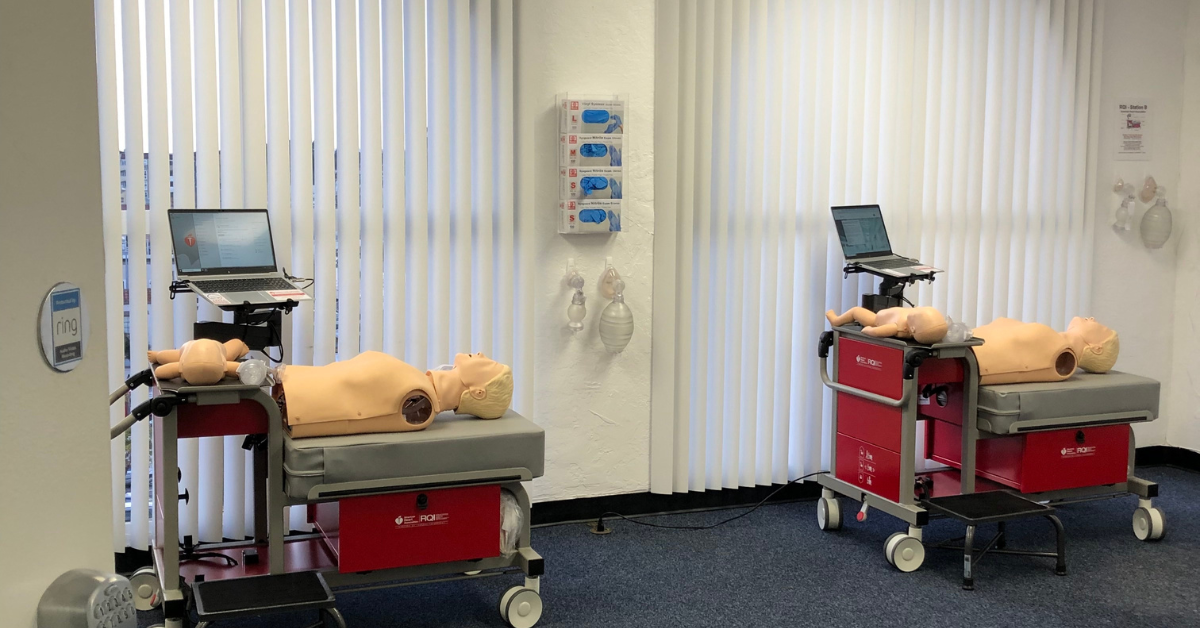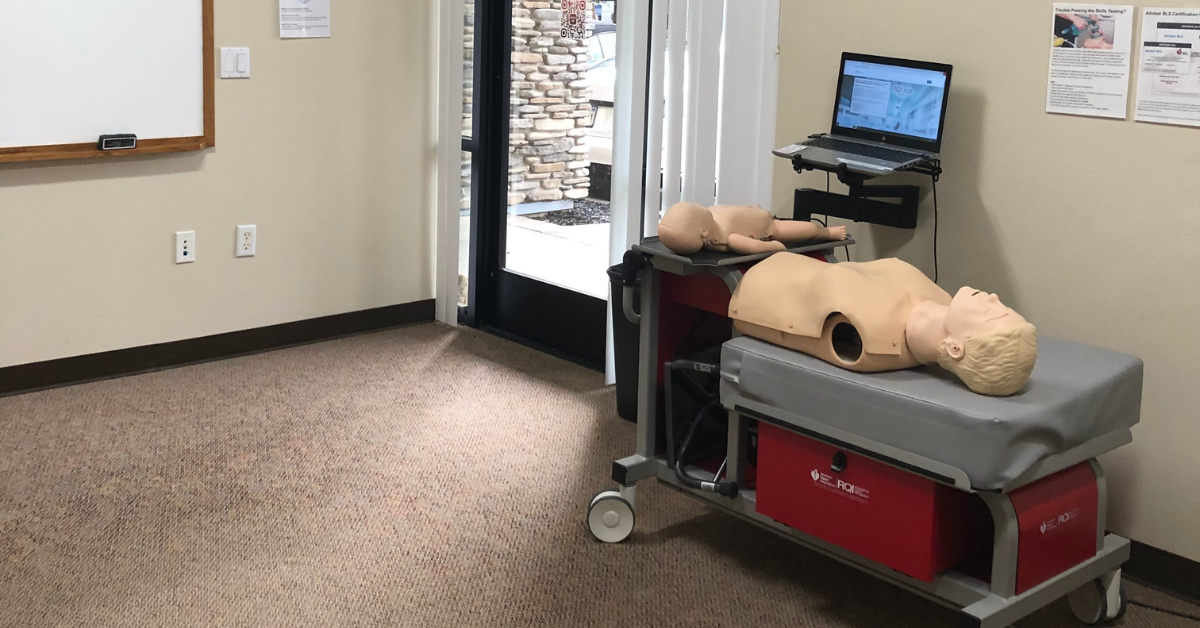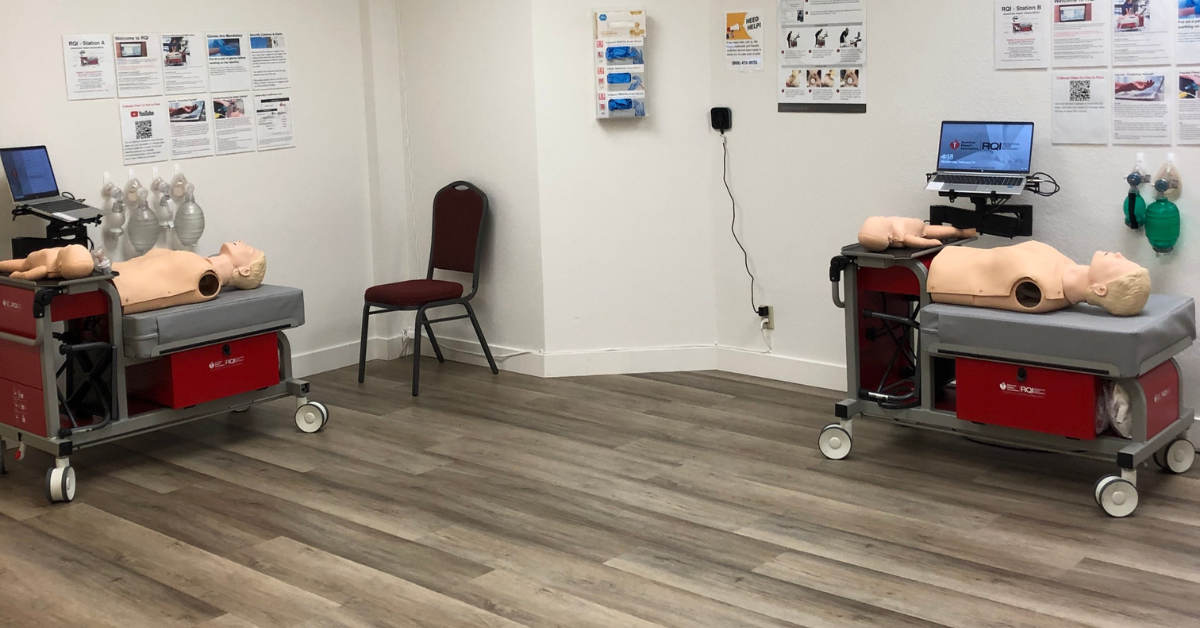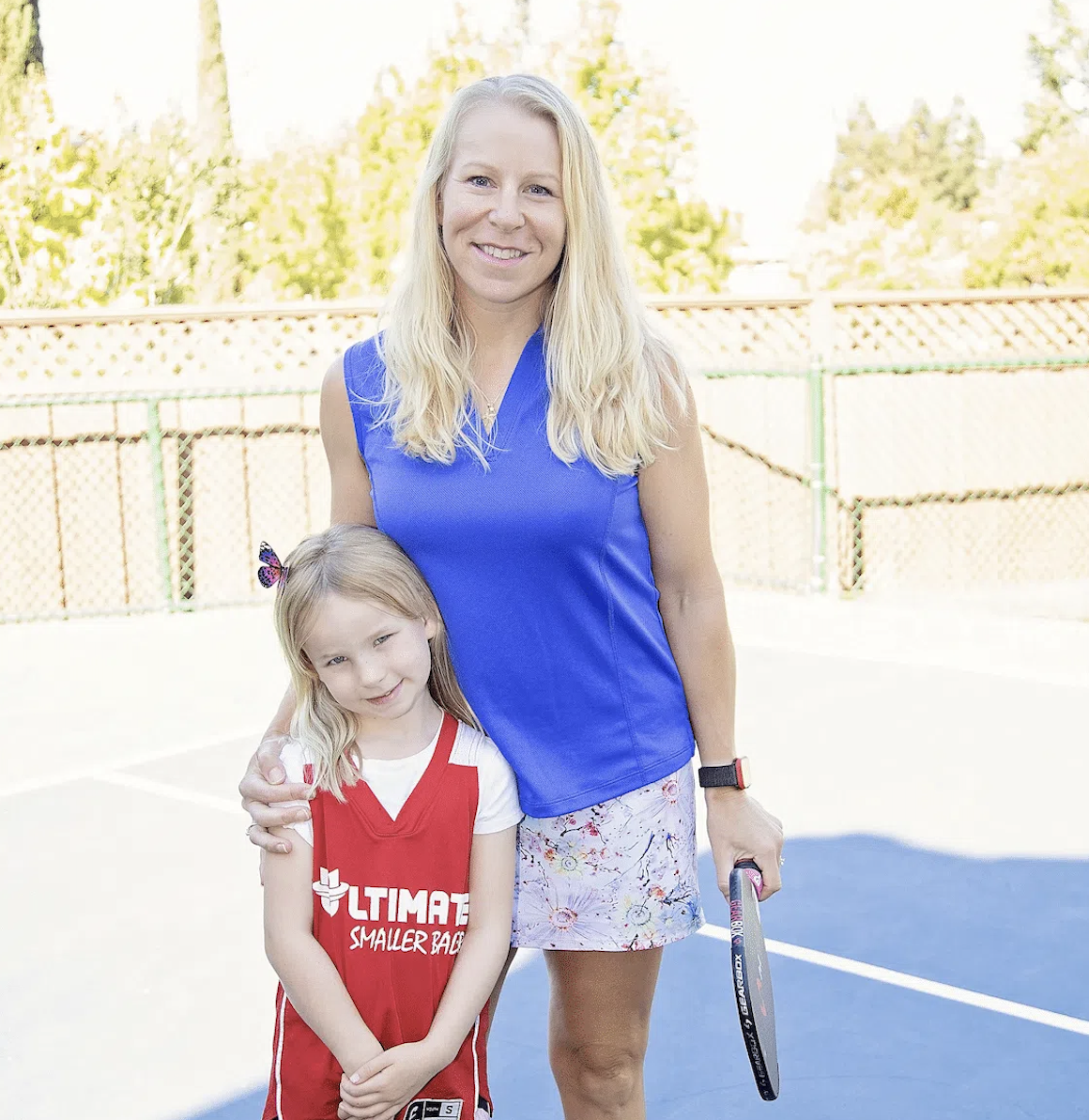Working in healthcare means facing unpredictable situations where seconds can matter. As a medical professional in San Mateo, you know the importance of being prepared for anything. Advanced Cardiac Life Support (ACLS) equips you with the advanced skills needed to handle critical cardiovascular emergencies effectively. This post explores everything you need to know about ACLS certification in San Mateo, from understanding the course content and finding the right training provider to managing the costs and overcoming common challenges. Whether you’re a seasoned healthcare provider or just starting your career, this guide will help you confidently pursue ACLS certification and enhance your ability to deliver exceptional patient care.
Key Takeaways
- ACLS is crucial for advanced cardiac care: It provides healthcare professionals with the skills to manage complex cardiac emergencies, leading to better patient outcomes. Choose a course format—classroom, online, or blended—that fits your needs.
- Select an ACLS provider carefully: Seek out instructors with solid AHA credentials and experience. Prioritize flexible scheduling, comprehensive support, and a safe training environment. Consider factors like cost and location, and check the provider’s reputation.
- Stay current with your ACLS certification: Remember to renew your certification every two years. Explore continuing education options, such as the RQI program, to maintain your skills and knowledge at the highest level.
What is Advanced Cardiac Life Support (ACLS)?
Advanced Cardiac Life Support (ACLS) is an advanced, instructor-led classroom course that builds on the foundational skills of Basic Life Support (BLS). It’s designed for healthcare professionals regularly involved in responding to cardiopulmonary emergencies or other life-threatening situations. Think doctors, nurses, paramedics, respiratory therapists, and other specialized healthcare providers. These professionals need to assess patients quickly, make critical decisions under pressure, and provide advanced interventions. Safety Training Seminars offers ACLS certification courses in San Francisco, making it convenient for Bay Area professionals, including those in Daly City, San Mateo, and Oakland.
ACLS certification focuses on a team-based approach to resuscitation, emphasizing effective communication and collaboration among healthcare providers. The course covers various topics, including recognizing and managing cardiac arrest rhythms, administering medications, using specialized equipment like defibrillators, and providing post-resuscitation care. It also covers advanced airway management techniques, including intubation. Because ACLS requires a deeper understanding of cardiovascular physiology and pharmacology than BLS, it represents a significant step up in a healthcare professional’s training. This training equips providers with the knowledge and skills to handle complex medical emergencies and improve patient outcomes. If you’re a healthcare provider in San Mateo looking to enhance your skills and advance your career, consider ACLS certification. It’s a valuable credential that demonstrates your commitment to providing excellent care in critical situations.
Why ACLS Certification Matters in San Mateo
ACLS certification equips medical professionals with the skills to manage airways and respond to cardiac rhythms, making it crucial for anyone working in healthcare. These skills are essential for responding effectively to emergencies, directly impacting patient outcomes during critical cardiac events. Having qualified ACLS-certified professionals readily available improves the quality of care and can significantly increase the chances of survival. ACLS training focuses on recognizing and treating life-threatening cardiac arrhythmias and other cardiovascular emergencies. For those in San Mateo seeking this vital training, ACLS certification classes are readily available.
Local access to high-quality ACLS training in San Mateo empowers healthcare providers to deliver exceptional care in high-pressure situations. The American Heart Association offers ACLS classes in San Mateo, ensuring that healthcare professionals have the expertise to handle cardiac emergencies effectively. This local availability removes geographical barriers, making it easier for professionals to pursue and maintain their certification. Safety Training Seminars, a woman-owned AHA Training Center, offers comprehensive courses, including BLS, ACLS, PALS, CPR, and First Aid, demonstrating a commitment to quality training and community health.
Modern training methods, such as the American Heart Association’s RQI program, offer efficient and effective paths to ACLS certification. This innovative approach streamlines the learning process, making it more accessible and convenient for busy healthcare professionals. The RQI program ensures that healthcare providers maintain their resuscitation skills at a high level, further contributing to positive patient outcomes in San Mateo.
Top ACLS Certification Providers in San Mateo
Finding the right ACLS certification course can feel overwhelming, so we’ve compiled a list of reputable providers in San Mateo to help you get started. Each offers a slightly different learning experience, so take a look and see which one best fits your needs.
Safety Training Seminars
Safety Training Seminars is a woman-owned American Heart Association (AHA) Training Center offering various certification courses, including BLS, ACLS, PALS, CPR, and First Aid. They focus on providing high-quality training at competitive prices and offer classes daily throughout San Mateo and surrounding areas. Learn more about their ACLS certification options.
In-Home CPR
If convenience is key, In-Home CPR brings the ACLS certification course directly to you. They offer training at your home or business throughout San Mateo County and the greater Bay Area. Their in-home training is led by experienced instructors, making it a great option for busy professionals or groups.
CPR, BLS, ACLS, PALS, & First-aid Classes in San Mateo
This provider specializes in the AHA’s Resuscitation Quality Improvement (RQI) program, a popular choice for medical professionals seeking BLS, ACLS, and PALS certification. The RQI program offers a modern and efficient path to certification.
Cascade Training Center
Cascade Training Center is another option for official AHA ACLS courses. They focus on equipping healthcare providers with the skills and knowledge needed to manage adult cardiovascular emergencies. Explore their healthcare training programs for more information.
Always CPR
Always CPR Training is a National Training Center offering AHA courses in San Mateo. They provide a range of courses, including training for aspiring ACLS instructors, making them a good resource for those looking to advance their CPR training career.
ACLS Course Formats and Options
Finding the right ACLS course format is key to successfully completing your training. Thankfully, there are several options available to fit your learning style and schedule. Let’s break down the most common formats:
Traditional Classroom Courses
For those who thrive in a structured, in-person learning environment, traditional classroom ACLS courses offer a hands-on approach. These courses provide face-to-face interaction with instructors and peers, allowing for real-time feedback and collaborative learning. This format is ideal for individuals who prefer direct instruction and benefit from personal interaction. Safety Training Seminars offers these courses in San Francisco, making it a convenient option for those in the Bay Area.
Online Self-Directed Learning
If you need flexibility, online self-directed learning might be a good fit. These courses allow you to complete the coursework at your own pace, from anywhere with an internet connection. This format often involves interactive modules, simulations, and assessments. It’s a great option for those juggling busy schedules or who prefer independent study. Check with your preferred provider to see if they offer this learning style.
Blended Learning
Combining the best of both worlds, blended learning incorporates both online and in-person components. You’ll typically complete the theoretical coursework online, then attend an in-person skills session to practice and demonstrate your proficiency. This format offers a balance of flexibility and hands-on training.
RQI Program
The Resuscitation Quality Improvement (RQI) program offers a unique approach to maintaining ACLS certification. RQI uses low-dose, high-frequency training to reinforce essential skills and knowledge. This program often involves online modules and short, regular skills sessions. This is a particularly valuable option for healthcare professionals who need to maintain their skills consistently.
What to Expect in an ACLS Course
This section outlines what you can expect when you enroll in an ACLS course, from the curriculum and certification process to the time commitment involved. Understanding these aspects will help you prepare and choose the right course for your needs.
Course Content and Curriculum
ACLS certification focuses on recognizing and responding to cardiovascular emergencies. The curriculum covers essential skills such as airway management and identifying and treating cardiac rhythms. You’ll learn how to assess a patient’s condition quickly, make critical decisions under pressure, and provide effective interventions. The course emphasizes teamwork and communication, reflecting real-world scenarios in healthcare settings. Expect hands-on practice and simulations to reinforce these skills.
Certification Process and Exam
The ACLS certification process involves successfully completing the course and passing both a written exam and a practical skills test. The written exam assesses your understanding of the course material, while the practical test evaluates your ability to perform the necessary skills in a simulated emergency. Upon successful completion, you’ll receive an official AHA ACLS Provider eCard, demonstrating your proficiency in advanced cardiac life support. This eCard is typically valid for two years. If you’re looking to renew a current ACLS certification, you’ll need to take a renewal course.
Time Commitment and Duration
A typical ACLS provider course takes about 10–12 hours, including skills practice, testing, and instruction. The RQI program offers a more flexible approach to maintaining your certification, allowing healthcare professionals to renew their BLS, ACLS, and PALS certifications through shorter, more frequent sessions. Consider your schedule and learning preferences when choosing between a traditional course format and the RQI option.
ACLS Certification Costs in San Mateo
Getting your ACLS certification is an investment in your career and the safety of your patients. Understanding the costs involved will help you budget effectively and choose the right training program.
Compare Provider Pricing
ACLS course fees in San Mateo can vary based on the provider, course format (in-person vs. online or blended learning), and included materials. Contact a few different providers like Safety Training Seminars and compare their pricing. You can often find this information directly on their websites. For example, Safety Training Seminars offers a low price guarantee on their courses. Don’t hesitate to call and ask about any discounts or group rates. Other local providers may have different pricing structures depending on the location and type of training. Doing your research upfront can save you money.
Consider Value for Money
While cost is a factor, the cheapest option isn’t always the best. Consider the overall value. This includes the quality of the instruction, the course materials, and the convenience of the schedule and location. Choosing a reputable provider with experienced instructors is key to a good learning experience. A high-quality ACLS course will thoroughly prepare you for real-life emergencies. Think about factors like instructor experience and the availability of practice equipment when assessing the value of different programs. A provider like Safety Training Seminars focuses on delivering high-quality training.
Additional Costs (Materials, Renewals)
Beyond the initial course fee, factor in potential additional costs. Some providers may charge separately for course materials like textbooks or pocket masks. Ask about these costs upfront. Also, ACLS certification requires renewal every two years. You’ll need a current ACLS certification to take a renewal course. Factor the cost of renewal courses into your long-term budget. Planning for these expenses will prevent any surprises.
Choose the Right ACLS Provider in San Mateo
Finding the right ACLS provider can significantly impact your learning experience. Consider these factors when making your decision:
Instructor Qualifications and Experience
Look for a training center with highly qualified and experienced instructors. Ideally, your instructors should be certified American Heart Association (AHA) instructors with a strong background in healthcare. Safety Training Seminars, for example, is a woman-owned AHA Training Center, ensuring adherence to the latest AHA guidelines and standards. Experienced instructors can offer valuable insights and real-world scenarios, making your learning more engaging and relevant. Check if the provider offers information about their instructors’ credentials and experience on their website.
Course Flexibility and Scheduling
Balancing your professional and personal life with additional training can be challenging. Choose a provider that offers flexible course schedules. Look for options like daily classes, evening and weekend sessions, and online or blended learning formats. This flexibility allows you to fit the training into your busy schedule without major disruptions. The RQI program at Safety Training Seminars offers a flexible online component for skills practice and renewal.
Customer Support and Resources
Excellent customer service can make your ACLS certification journey smoother. Choose a provider that prioritizes student success and offers comprehensive support. This might include access to study materials, practice tests, and responsive customer service representatives. Check if the provider offers ongoing support even after you complete the course, which can be invaluable for maintaining your certification and staying current with any guideline changes. Safety Training Seminars emphasizes excellent customer service, with representatives available daily to answer questions and provide assistance.
Safety Measures During Training
Ensuring a safe learning environment is crucial. When selecting an ACLS provider, inquire about their safety measures. This might include smaller class sizes, adherence to social distancing guidelines, and regular sanitization of equipment. Some providers clearly communicate their commitment to conducting classes with safety precautions. Prioritizing safety ensures a comfortable and healthy learning experience for everyone.
Prepare for Your ACLS Certification
Getting ready for your ACLS certification involves a few key steps. This section covers the prerequisites and offers helpful advice to make your learning experience smoother.
Prerequisites and Study Materials
Before you sign up for an ACLS course, make sure you meet the requirements. You’ll need a current American Heart Association BLS Provider certification for Healthcare Providers. This foundational knowledge is essential for building upon the advanced concepts covered in ACLS. You should also have your own current AHA ACLS Provider Manual. Having the manual beforehand lets you familiarize yourself with the material and serves as a valuable reference during and after the course. You can purchase the manual directly from the American Heart Association.
Tips for Success
Successfully completing your ACLS certification requires preparation and the right mindset. One effective way to prepare is through the American Heart Association’s Resuscitation Quality Improvement (RQI) program. RQI offers a flexible and convenient way to learn and maintain your skills, which is especially helpful for busy healthcare professionals. Also, be aware of the time commitment involved. The initial ACLS course typically takes about 10–12 hours, including hands-on practice and testing. Knowing this upfront helps you plan your schedule accordingly. Finally, consider our low price guarantee to ensure you’re getting the best value for your training. We’re committed to providing high-quality, affordable ACLS certification in San Francisco.
Maintain Your ACLS Certification
Once you’ve earned your ACLS certification, staying current is key to ensuring you’re always prepared to provide the highest quality patient care. This section covers renewal requirements and continuing education opportunities to help you maintain your skills and credentials.
Renewal Requirements and Timeframes
ACLS certification through the American Heart Association is valid for two years. To maintain your credentials, you’ll need to complete a renewal course before your current certification expires. Plan and register in advance to avoid any lapse in your certification. You must hold a current AHA ACLS provider card to be eligible for a renewal course. Upon successful completion, you’ll receive an updated AHA ACLS provider eCard, extending your certification for another two years.
Continuing Education Opportunities
Staying up-to-date on the latest advancements in resuscitation science is crucial for any healthcare professional. The American Heart Association’s RQI program offers a flexible and efficient way to maintain your ACLS certification. RQI uses innovative technology and personalized learning to reinforce essential skills and knowledge. Many providers in San Mateo, including Safety Training Seminars, offer the RQI program as a convenient option for ongoing training and skill maintenance, allowing you to refresh your knowledge regularly and stay proficient in the latest ACLS guidelines.
Overcome ACLS Certification Challenges
Getting your ACLS certification is a worthwhile investment in your career, but it can feel overwhelming. Juggling work, family, and study can be tricky. Here are some tips to make the process smoother:
Time Management Strategies
One of the biggest hurdles to ACLS certification is finding the time to study and attend classes. Many healthcare providers struggle to fit it all in. A smart approach is to look for programs designed for efficiency. The RQI program offered by Safety Training Seminars provides a flexible and convenient way to achieve and maintain your ACLS certification. It’s designed to fit into your busy schedule, breaking down the learning into smaller, more manageable chunks. This approach can be much more effective than trying to cram everything in at the last minute.
Financial Assistance Options
Cost can be another barrier to ACLS certification. Fortunately, there are options available to help manage the financial aspect. Safety Training Seminars, a woman-owned AHA Training Center, offers competitive pricing on its ACLS courses, along with a low-price guarantee. Checking their website for current promotions and discounts is always a good idea. Sometimes, employers will also cover or contribute to the cost of certification, so it’s worth inquiring with your HR department.
Support Systems for Healthcare Professionals
Preparing for ACLS certification doesn’t have to be a solo journey. Connecting with colleagues who are also pursuing certification can create a valuable support system. Sharing study tips, practicing skills together, and even just commiserating about the challenges can make a big difference. Organizations like the American Heart Association offer resources and support for healthcare professionals. Remember, your peers and mentors can be a great source of encouragement and practical advice. Don’t hesitate to reach out and build your network. Consider flexible in-home and on-site training options that bring the course directly to you, which can be a huge time-saver and make the process much more convenient.
Frequently Asked Questions
What exactly does ACLS certification entail?
ACLS certification involves a comprehensive course covering advanced life-saving techniques beyond basic CPR. It focuses on team-based resuscitation, effective communication during emergencies, and the use of specialized equipment. The course includes recognizing and managing cardiac arrest rhythms, administering medications, and providing post-resuscitation care. It’s a more in-depth certification than BLS and is designed for healthcare professionals who are likely to encounter and manage cardiac emergencies.
How is ACLS different from BLS?
BLS (Basic Life Support) teaches fundamental life-saving procedures like CPR and using an AED. ACLS (Advanced Cardiac Life Support) builds upon those skills, focusing on the more advanced, team-based interventions required in complex cardiac emergencies. ACLS delves deeper into cardiovascular physiology and pharmacology, requiring a greater understanding of the body’s systems and how medications interact during a crisis. It’s geared towards healthcare professionals who are regularly involved in emergency response situations.
How do I choose the right ACLS course in San Mateo?
Finding the right ACLS course depends on your learning style and schedule. Consider factors like instructor experience, course format (traditional, blended, or online), and the provider’s reputation. Look for flexible scheduling options like weekend or evening classes, and don’t hesitate to contact providers directly to discuss your specific needs. Comparing costs and what’s included in the course fee is also a good idea.
How much does ACLS certification cost, and are there any payment options?
The cost of ACLS certification varies depending on the training center and the course format. Some providers offer payment plans or group discounts. It’s always a good idea to contact the provider directly to inquire about pricing and any available financial assistance options. Some employers may also cover the cost of certification, so check with your HR department.
How can I fit ACLS training into my already busy schedule?
Many ACLS providers understand the demands on healthcare professionals and offer flexible course schedules. Look for providers offering weekend or evening classes, online modules, or blended learning formats that combine online coursework with in-person skills sessions. The RQI program, for example, offers a more flexible approach to maintaining your certification with shorter, more frequent sessions.


